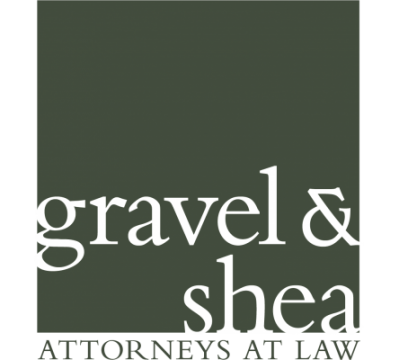On June 28, 2023 Governor Phil Scott signed Act 80 (the “Act”) into law. This new law eliminates the “severe and pervasive” standard for harassment, expands harassment protections to protected classes other than sex, expands Vermont’s equal pay law to additional protected groups, and removes no-hire provisions in settlement agreements in relation to violations of the Act.
The Harassment Standard Prior to Act 80
Prior to the Act, harassment only applied to sex discrimination and needed to be severe and pervasive before an employee could bring a claim. This meant that the harassing conduct needed to be recurring, continuous, and/or so significant that it created a work environment that a reasonable person would consider intimidating, hostile, or abusive. Single instances of harassment were usually not sufficient unless those incidents were very severe acts of harassment.
The New Harassment Stand
Under the Act, the Legislature has opted for a more holistic definition of harassment. Harassment is now defined as engaging “in unwelcome conduct based on an employee’s race, color, religion, national origin, sex, sexual orientation, gender identity, ancestry, place of birth, age, crime victim status, or physical or mental condition that interferes with the employees’ work or creates a work environment that is intimidating, hostile, or offensive.”
The Act further states that conduct can constitute harassment regardless of whether the complaining employee is the one being harassed, the complaining employee submitted to or participated in the conduct, the complaining employee was still able to do their job despite the conduct, or the conduct happened outside the workplace.
How is this Determined?
When determining unlawful harassment, courts or the Attorney General’s Office may look at “varying types of conduct and conduct based on multiple characters” rather than just each isolated incident. The Act goes even further and states that even a single incident may be considered unlawful harassment. The Legislature also added language that stated that if a reasonable employee of the same protected class would consider the conduct to be a “petty slight or trivial inconvenience” then it would not be considered harassment.









